
On August 15, the Ministry of Justice announced the latest draft of the Law amending and supplementing a number of articles of the Land Law, which has just been sent to the Ministry for review.
The draft still maintains two options on planning and land use plans at the commune level.
Option 1: Replace district-level land use planning and annual district-level land use plans with commune-level land use planning and five-year commune-level land use plans. This option ensures consistency and unity from the central to local levels and maintains management tools for areas without urban and rural planning.
Option 2: No regulations on commune-level land use planning, only regulations on commune-level land use planning based on provincial-level planning indicators or urban/rural planning, to reduce procedures and encourage planning according to urban/rural laws to shorten project implementation time. The drafting agency proposes to choose option 2.
Regarding land acquisition, compensation, support, and resettlement, the draft adds three cases in which the State acquires land for socio -economic development for national and public interests.
Firstly, urgent public investment projects serving political and foreign affairs tasks; projects in free trade zones, international financial and logistics centers; mixed residential, urban, tourism, commercial services, cultural and sports projects; cultural and industrial projects and other socio-economic development projects decided by the Provincial People's Council.
Second, in case of implementing a socio-economic development project through an agreement to receive land use rights but cannot reach an agreement on the entire area (over 75% of the land area and over 75% of the number of land users have been agreed upon), the State will reclaim the remaining part.
Third, create land funds for lease to continue production and business for investors who have to relocate due to environmental pollution or have their land reclaimed for national defense, security, and socio-economic development purposes.
The State allows land acquisition before completing the approval of compensation, support, resettlement and resettlement plans in some special cases, such as important national projects, urgent public investment, or when more than 75% of land users agree; or on-site resettlement projects, along the main construction route. The draft also clearly decentralizes the authority to decide on land acquisition to the Chairman of the Provincial People's Committee and the Chairman of the Commune People's Committee.
Decentralize the authority to approve the recovery of defense and security land from the Prime Minister to the Minister of National Defense, Minister of Public Security and provincial People's Committees if the parties agree.
Regarding land allocation, land lease, and permission to change land use purposes, the draft allows land users to choose the form of land lease with one-time payment or land lease with annual payment, except for public service units (which are not allowed to transfer, mortgage, or contribute capital using land use rights).
Notably, the draft has delegated the authority of the Prime Minister to the provincial People's Committees to decide on cases of land allocation and land lease without auction or bidding; supplemented regulations on the State's land allocation and land lease without auction or bidding for land recovery projects that do not use public investment capital but have had decisions approving investment policies or selecting investors. At the same time, it has supplemented the assignment of the Government to prescribe other conditions for individuals participating in land use rights auctions; supplemented cases of land allocation through bidding for investment projects using land funds managed by state agencies to lease land with annual payment.
The issuance of certificates of land use rights and ownership of assets attached to land is carried out simultaneously when the State decides on land use (change of purpose, extension, change of form) to reduce administrative procedures. The regulation "only allowed to negotiate on receiving land use rights for residential purposes to implement investment projects to build commercial housing, allowing to negotiate with other types of land" is abolished.
Source: https://www.sggp.org.vn/bo-sung-3-truong-hop-nha-nuoc-thu-hoi-dat-de-phat-trien-kinh-te-xa-hoi-post808551.html



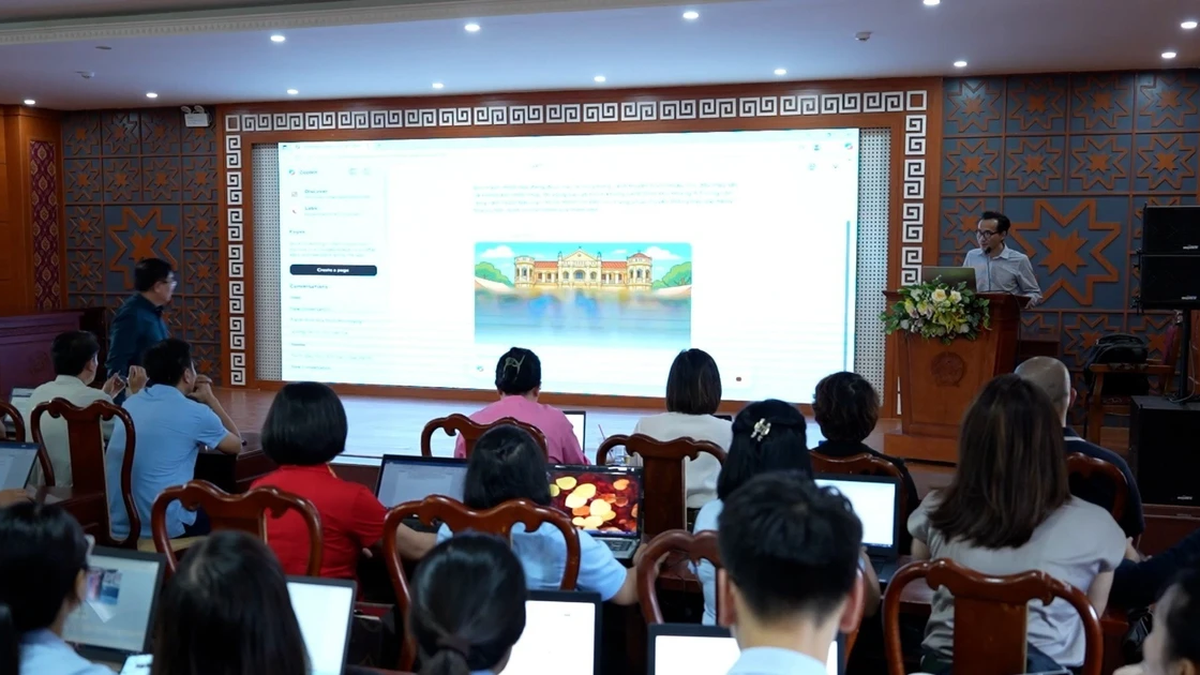


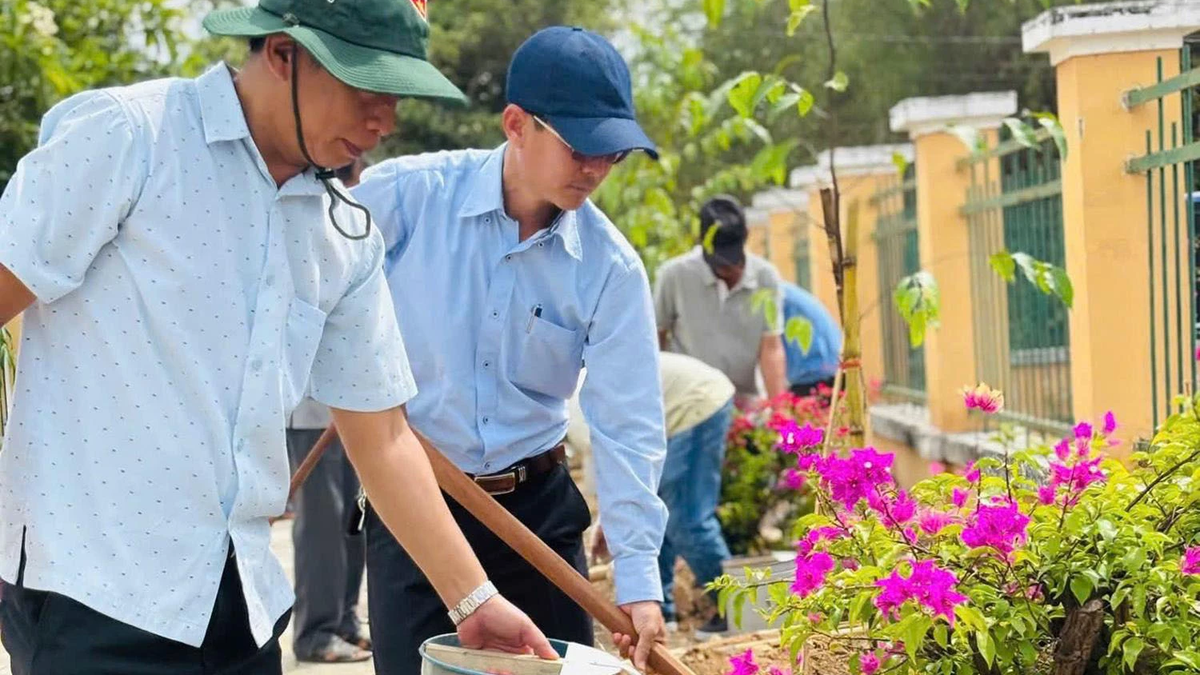
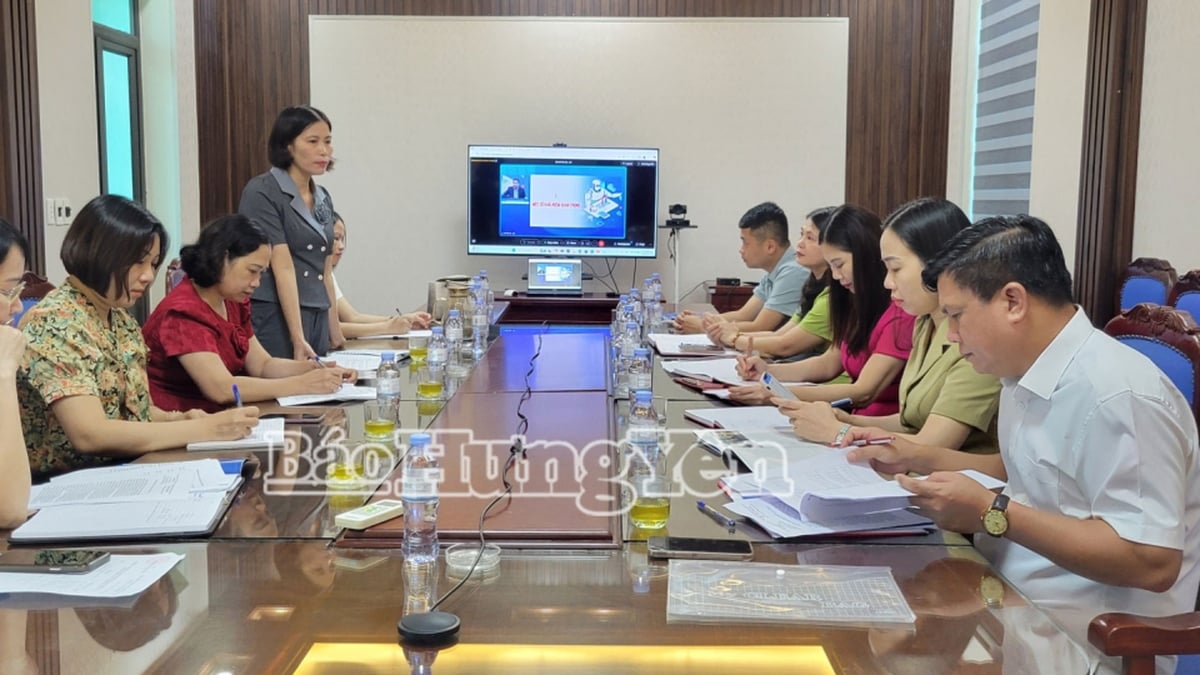



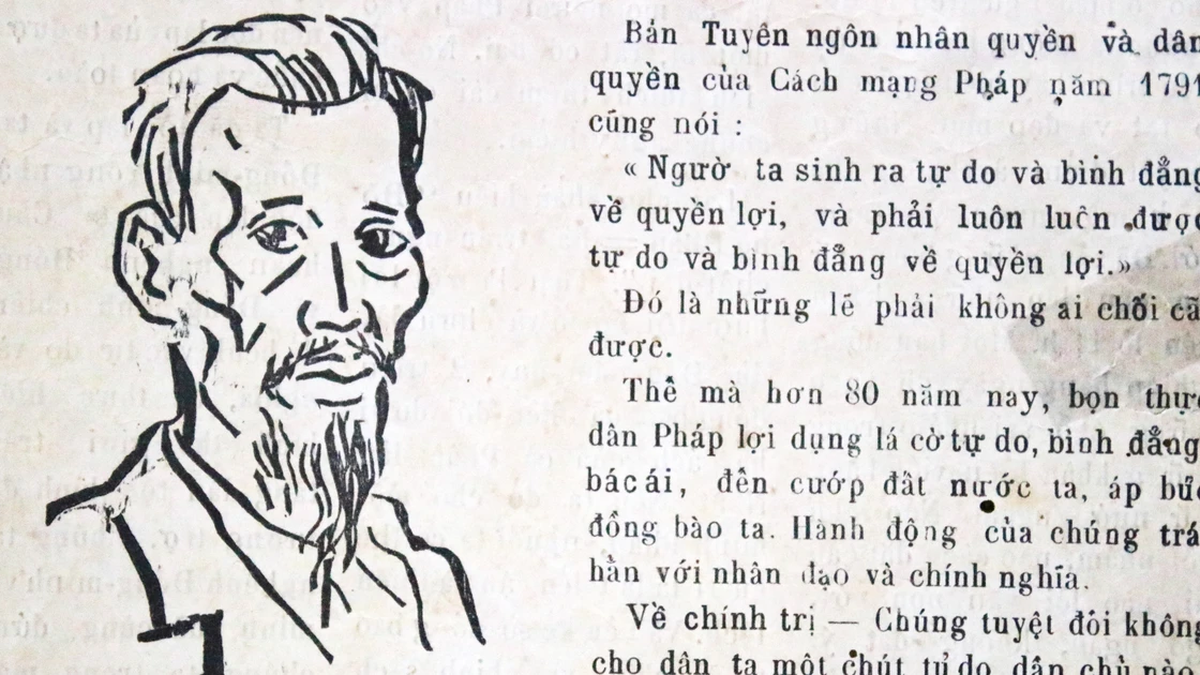










![[Photo] Prime Minister Pham Minh Chinh talks on the phone with Cambodian Prime Minister Hun Manet](https://vphoto.vietnam.vn/thumb/1200x675/vietnam/resource/IMAGE/2025/8/15/72d3838db8154bafabdadc0a5165677f)


![[Photo] The special solidarity relationship between Vietnam and Cuba](https://vphoto.vietnam.vn/thumb/1200x675/vietnam/resource/IMAGE/2025/8/15/5f06c789ab1647c384ccb78b222ad18e)


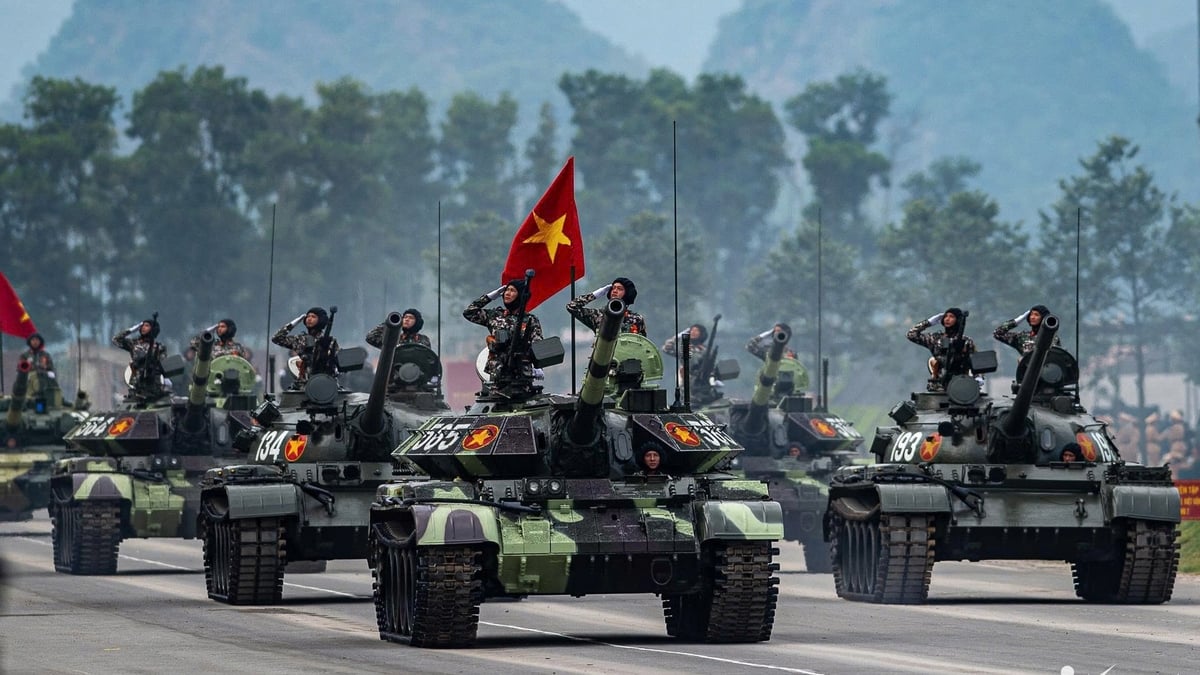
![[Photo] Binh Khanh Bridge Ho Chi Minh City is ready to reach the finish line](https://vphoto.vietnam.vn/thumb/1200x675/vietnam/resource/IMAGE/2025/8/14/b0dcfb8ba9374bd9bc29f26e6814cee2)
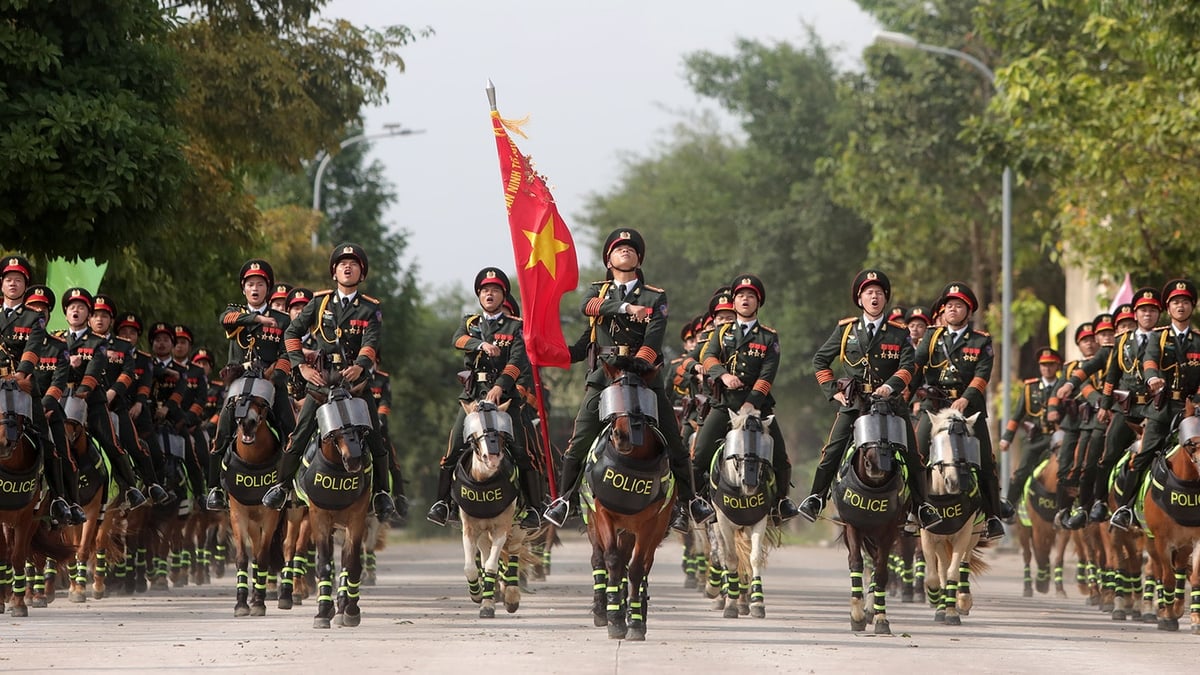
![[Photo] Firmly marching under the military flag: Ready for the big festival](https://vphoto.vietnam.vn/thumb/1200x675/vietnam/resource/IMAGE/2025/8/15/86df2fb3199343e0b16b178d53f841ec)


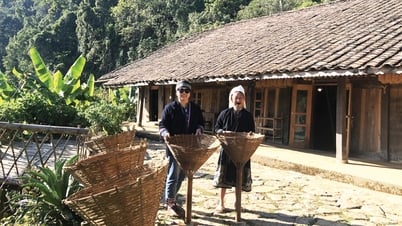












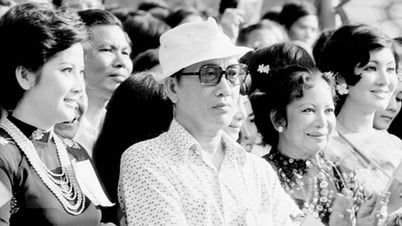





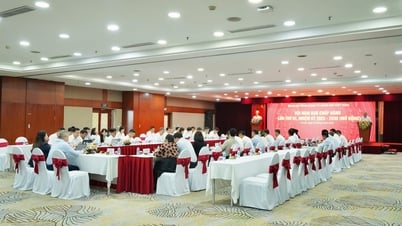




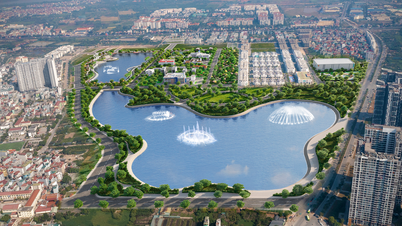
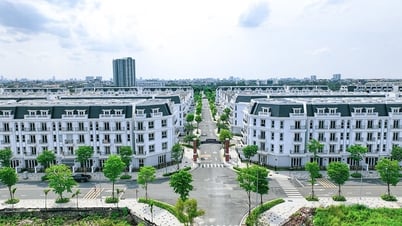


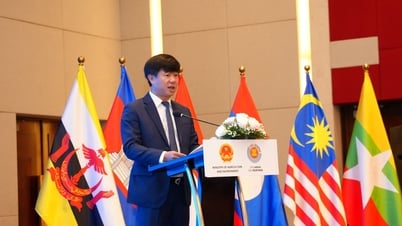

![[Photo] President Luong Cuong receives Finnish Ambassador to Vietnam Keijo Norvanto](https://vphoto.vietnam.vn/thumb/402x226/vietnam/resource/IMAGE/2025/8/15/9787f940853c45d39e9d26b6d6827710)





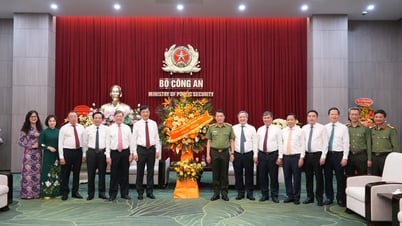





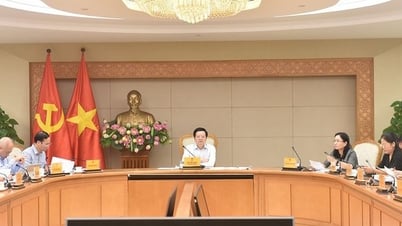























Comment (0)